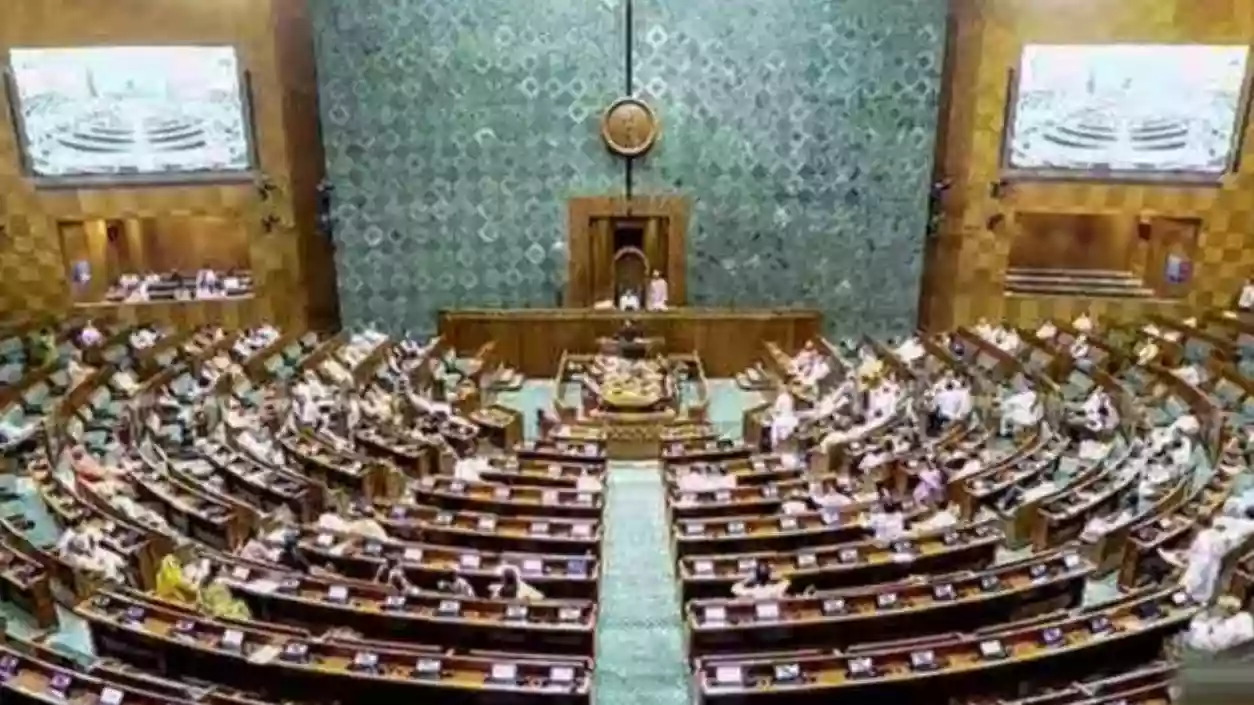SC halts mosque survey orders, restricts lower courts in pending cases
.gif)
.gif)

The Union Cabinet, led by Prime Minister Narendra Modi, has approved the 'One Nation, One Election' bill, which proposes to hold simultaneous elections for the Lok Sabha, state assemblies, and local bodies. The bill, which is set to be introduced in Parliament during the ongoing Winter Session, aims to streamline the electoral process across India by aligning the timing of national, state, and local elections. The move is expected to reduce the logistical burden and costs associated with frequent elections.
The approval of the bill follows the recommendations made by a high-level committee chaired by former President Ram Nath Kovind. The committee was formed in September 2023 to examine the feasibility of conducting simultaneous elections in India. After extensive consultations with stakeholders, including political parties, experts, and public figures, the committee submitted its report in March 2024. The report highlighted the potential benefits of synchronized elections, emphasizing cost efficiency and reduced disruption to governance.
The bill envisions holding Lok Sabha, state assembly, and local body elections together within a specific period, thereby reducing the frequency of elections. This unified election process is expected to save time, resources, and public funds, and ensure that governance is not interrupted by continuous election cycles. A phased implementation strategy will be followed, initially aligning elections at the national and state levels, before gradually integrating local body elections.
Prime Minister Modi has long advocated for simultaneous elections, emphasizing that frequent elections waste public resources and hinder development work. He has argued that the initiative would allow the government to focus on governance for a larger part of its term, rather than being consumed by election cycles. The proposal also aims to strengthen India's democracy by ensuring more effective electoral management and reducing voter fatigue caused by multiple elections.
The 'One Nation, One Election' bill is part of the government's broader efforts to introduce electoral reforms and ensure that the electoral process becomes more efficient and less disruptive. If the bill is passed, it will mark a significant shift in the way elections are conducted in India, potentially setting a precedent for other countries facing similar challenges.